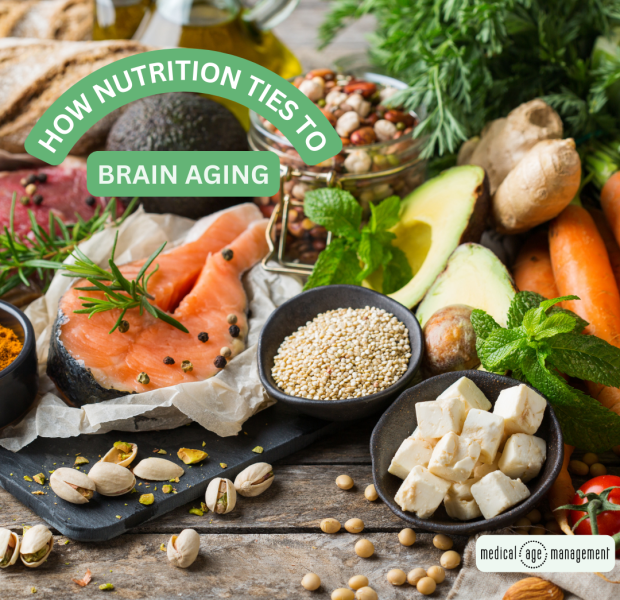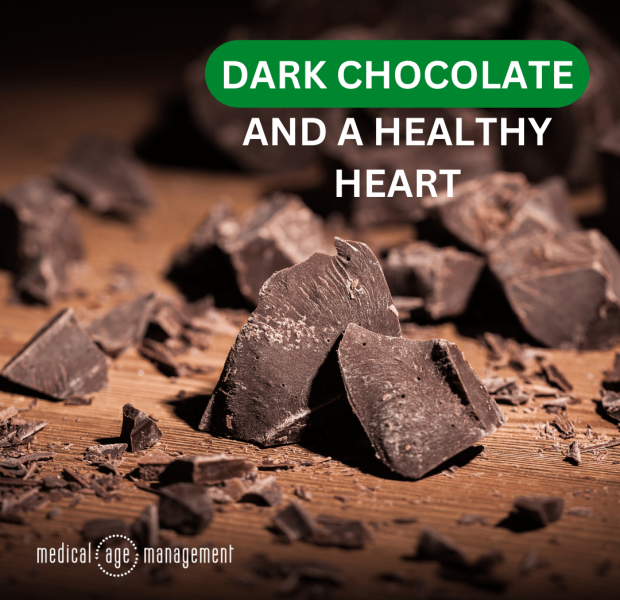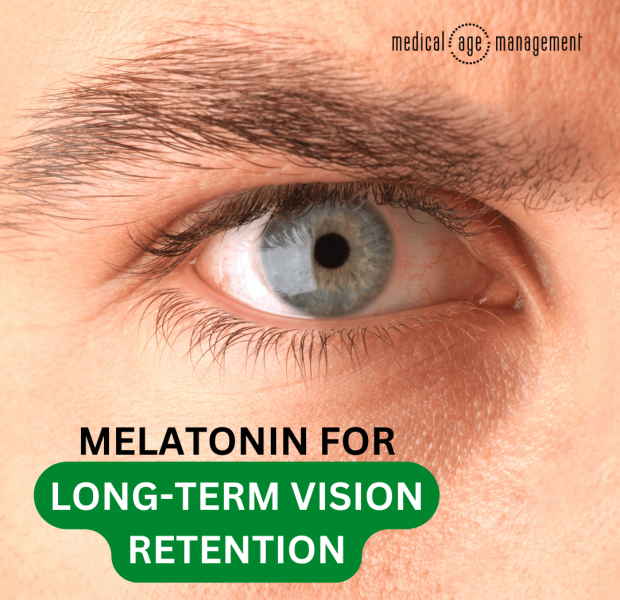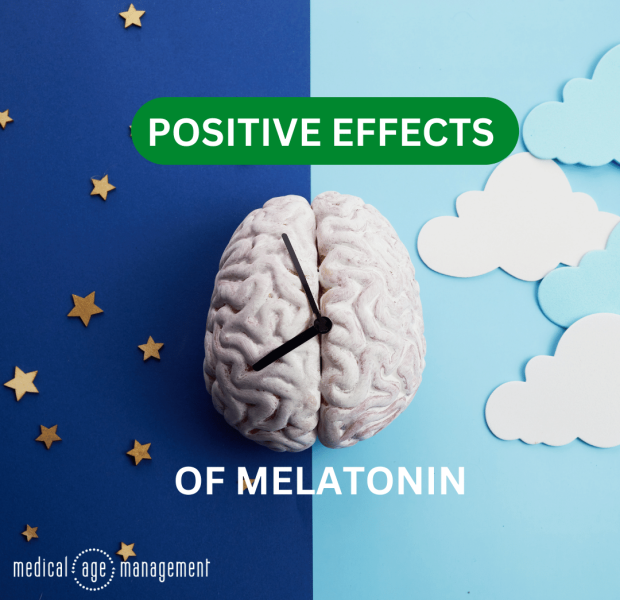Let’s see what new medical research methods have revealed about the relationship between nutrition and brain aging. While scientists have long studied factors that promote healthy brain aging, less is known about preventing cognitive decline. Using new techniques, a research team discovered a unique nutrient profile among participants with slower brain aging, which research has associated with healthy brain aging in the past. Read more about how certain nutrients appear to slow brain aging!











